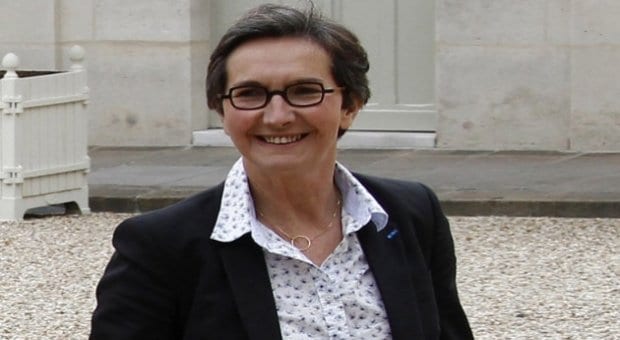Despite the Russian sports minister’s recent exhortations to the international community to “calm down” about his country’s anti-gay laws, his French counterpart has signalled her concern that the Winter Olympics host’s anti-gay laws will overshadow the 2014 Games.
“I was able to tell my Russian counterpart that France was worried by the adoption and implementation of the law . . . which challenges the freedom of expression of any person, whether they are LGBT or not, who wants to speak out on this subject,” Valérie Fourneyron told Agence France-Presse.
But, like American President Barack Obama and British Prime Minister David Cameron, Fourneyron is not in favour of a boycott.
“We think that it is much more our duty to continue to try and alert the Russian authorities” about the challenges the law poses, she says.
Fourneyron’s concerns follow earlier news that the International Olympic Committee may punish athletes who flout its charter rules against propaganda if they advocate for gay rights at next year’s Games.


 Why you can trust Xtra
Why you can trust Xtra


